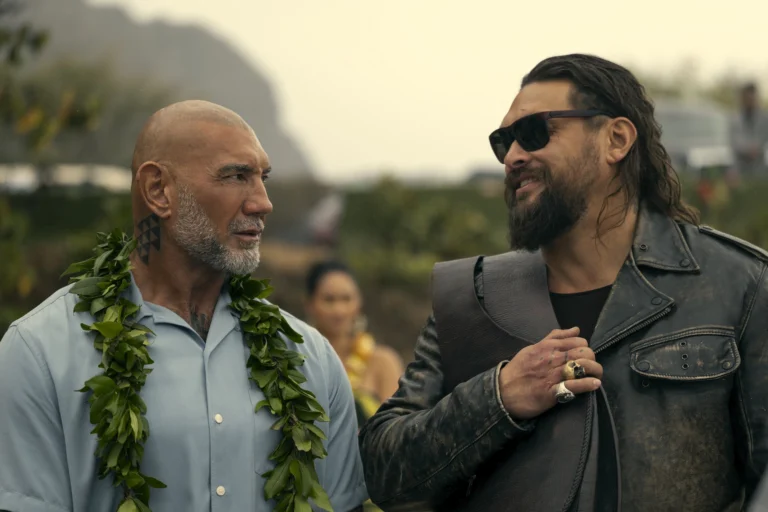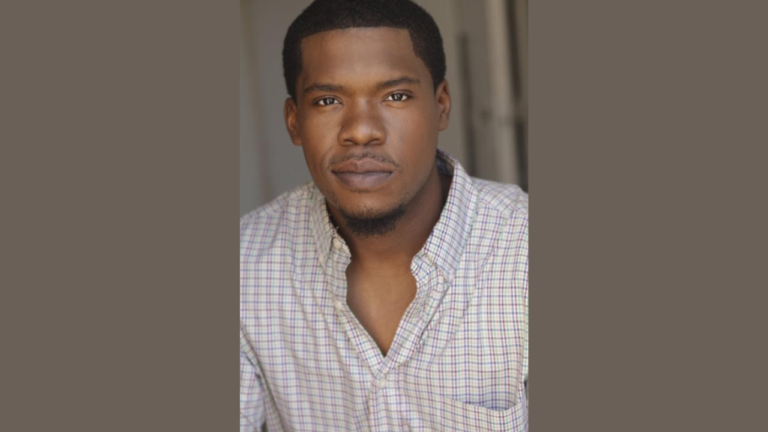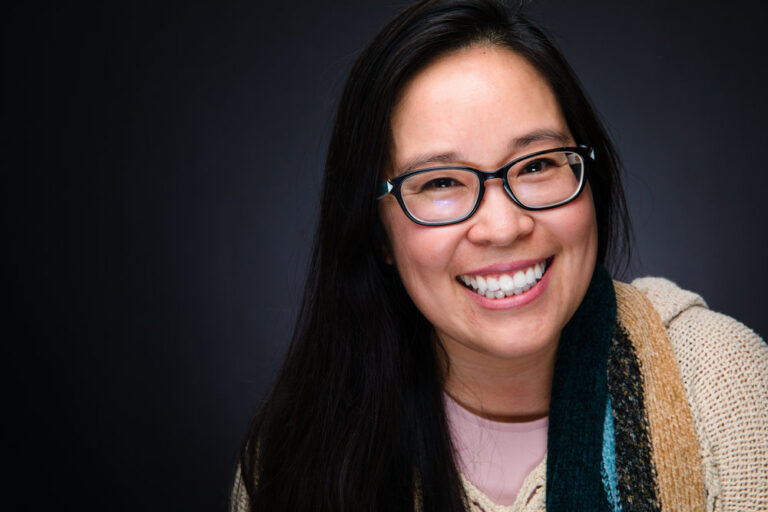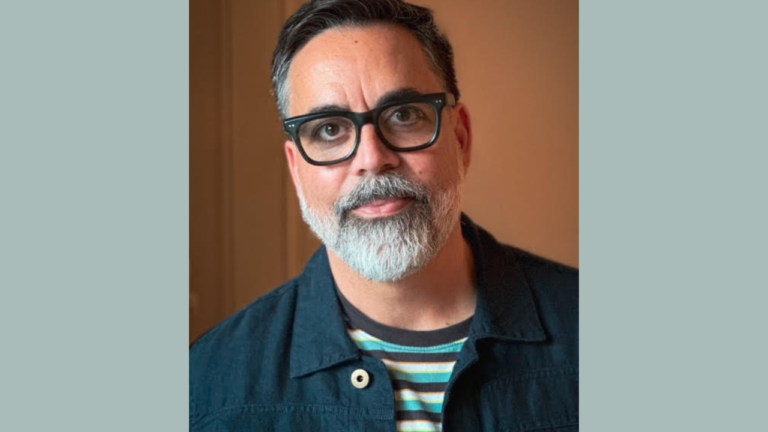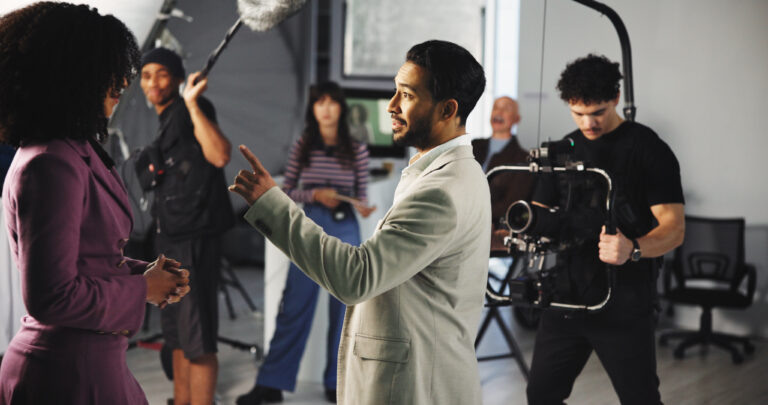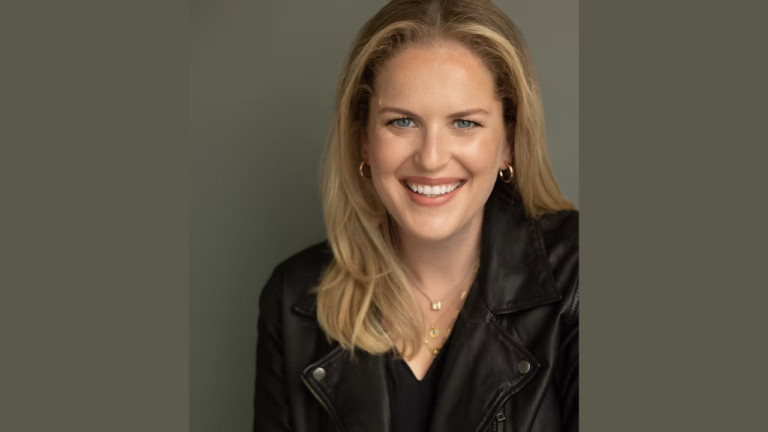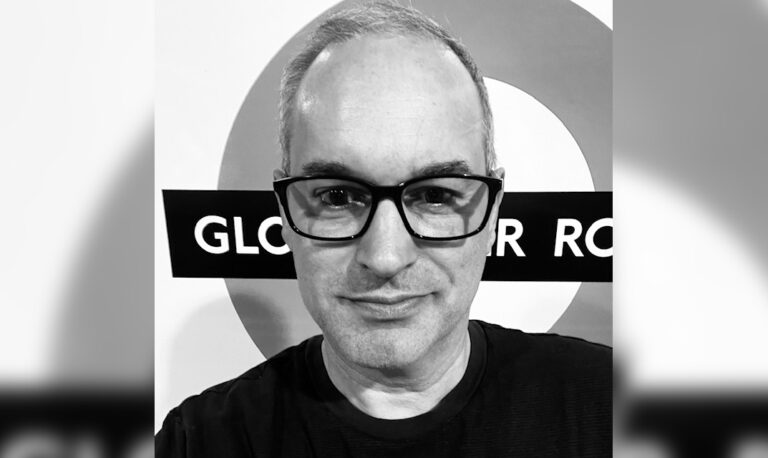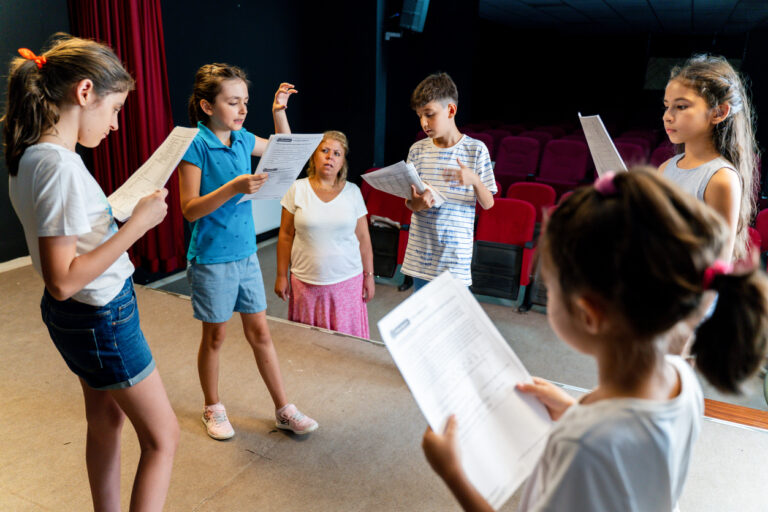It is an inarguable fact that Des Hamilton is one of the best and most respected casting directors in the UK. In a career spanning nearly a quarter century, he has worked on a spectacular array of projects, including Bronson, which introduced the world to Tom Hardy, The King, which offered Timothee Chalamet one of his earliest starring roles, the Oscar-winning Jojo Rabbit, and the legendary TV series Top Boy. Over the last few years, he has been increasingly sharing the casting director credit with his talented associate Jo Harris.
The latest of those collaborations is writer-director Nia DaCosta’s adaptation of Henrik Ibsen’s Hedda, starring Tessa Thompson in the title role. The film is streaming now on Amazon Prime, and the pair spoke to us from London.
Key Insights
- Improvisation, chemistry reads, and in-person sessions were critical for identifying actors who could bring layered, collaborative energy — no matter the size of the role.
- Des Hamilton and Jo Harris emphasize trust, chemistry, and creative alignment with director Nia DaCosta as the core of their casting process.
- The team sought actors who could balance dramatic intensity with subtle humor and self-awareness, fitting the unique tone of this contemporary Hedda.
How did the two of you come to work on the project?
Des Hamilton: We had worked with Nia DaCosta before, and it was a great vibration between Jo and Nia as people. They were very much in tune with each other. I had a similar experience, and while I don’t like speaking for Nia, I imagine she felt comfortable with us, knowing she could get everything that she needed. Nia is a really wonderful human being, and she really responded to us. We’d also worked with [production company] Plan B before on a couple of films. So it was a very nice synergy.
How did the two of you start working together?
Jo Harris: I think it’s eight years now. I worked somewhere else for a few years, and I had been waiting for a job to come up with Des, because that was exactly the sort of casting I wanted to be doing. He cast so many of my favorite films, so that was always my dream. Then a job happened to come up and I was lucky enough to get it. So, yeah, it was a pretty easy route to the dream career. (Laughs)
Since Nia has worked with Tessa before, I’m assuming she came with the project.
JH: She did, yes.
What about the rest of the cast? Nina Hoss’ character, for instance, has a gender switch from the original play. Was that something you talked about with Nia?
DH: No, Nia doesn’t need any validation from us, but when we heard about it, it was just so perfect. A lot of people would know that Nina has a massive experience around Hedda. She played the role for years in the theater, and her being a part of this was very inspirational. The switch was so perfect, so optimum and so contemporary. And the impact of it is phenomenal.
Was Nina someone you sought out? Was she on a list? Was she somebody that you approached? How did that work?
DH: We were aware of Nina, obviously. I’d met her a few times. But no, we can’t claim Nina, can we, Jo?
JH: I think Nia made the approach. She was definitely someone who’d been discussed about the role of Eileen, but yeah, she was someone who Nia had loved. That’s something that’s brilliant about working with someone like Nia, who has such clear ideas about who she sees in these parts, and a brilliant knowledge of actors. She came to the project already with so many brilliant people in mind, so for us it was about navigating availability and also trying to put the various pieces together in a way that felt like it made sense.
Well, let’s dive a little deeper. The whole cast, even the small roles, come up big here in this adaptation, and I’m interested in the conversation you had with Nia in putting it together.
DH: Obviously we take our lead from Nia in terms of our instinct toward actors that can really do it, regardless of the size of the role, who will have the same commitment as Tessa. We had a lot of sessions, a lot of conversations, a lot of people being physically in the room, reads, improvisations, all things that Nia very much enjoys doing. She joked about it recently — she would say that [when] some of the improvisations would run for 10 minutes, she would really get an insight into the actor, and to them as a person. We were looking for people who weren’t concerned with how many lines they’ve got.
JH: Tessa arrived with Nia. I think she’d always had her in mind when she’d written her version of that script. The large parts all came out of conversations that we had, both with Nia and the production team, and it’s honestly quite hard to pinpoint where an idea originated. I think various people get spoken about over many, many weeks, and different combinations are discussed.
There’s also the luck of who’s going to be available and who’s going to respond, but yeah, all of those people came out of ideas that we’d put together through many conversations, and we were very, very lucky to get the cast that we did. It’s really beautiful, too, how close they all are now. It’s an incredibly tight-knit group of people now who had a brilliant experience together, which I think is something else that for Nia is really important — casting people she thinks are going to be in it for the right reasons, who just want to work together and collaborate and have a very positive experience together. So that was nice.
The rest of the cast is filled with people who work a lot, but aren’t necessarily known names. Were you looking for people with theater backgrounds to fill those roles? What was the process of finding the rest of that cast?
JH: Nia’s version of Hedda has such a distinctive energy that it didn’t help us to focus on theater actors. I think we were looking for people who just totally understood this film that we were making and the tone of it. I mean, it’s quite wild, and some of those characters are quite outlandish in so many ways. The people who got it understood that they weren’t just playing the character — they’re also commenting on that character at the same time, if that makes sense.
It can almost feel slightly tongue-in-cheek, I think, because there’s definitely a comedy in who these characters are, and they take themselves very seriously, but as the audience, we don’t necessarily. Some people just totally nailed that, and it was really fun to watch [that] unravel in the improvisation with characters that have one line. As Des was saying, there’d be people who we’d bring in for chemistry reads together, and they’d have one or two lines, and then we’d just let them carry on for five minutes, and we’d all try our best not to laugh too loudly. It was really fun and so interesting to watch.
Are there any particular castings that you are more partial to here?
JH: Mirren Mack is someone we’ve worked with before, who’s just always brilliant, and we just immediately thought of her when we read this. Nia and Gabrielle [Nadig], the producer, just completely fell in love with her in that first meeting. That was lovely for us as well, for Nia and Gabrielle to feel as enthusiastically as we do about that person. We also did a lot of reads for Professor Greenwood.
I was gonna say, Finbar Lynch gives one of my favorite performances in the whole film.
JH: Yeah and, funny enough, Mirren and Finbar had worked together before, a long time ago, on something, and I want to say he was her dad, don’t quote me on that, but now they’re being paired as husband and wife. (Laughs) Obviously, that is exactly what is quite strange about that pairing, but they were over the moon to be working together as well. Jamael Westman is a brilliant theater actor, and I think we’re so incredibly lucky to have him in the part of David.
Saffron Hocking, too, is someone we’ve worked with before. We’re a huge fan of hers, and the role of Jane was also quite a difficult character to nail, because she’s very over the top, but it needs to also feel rooted in something real. She was just someone who, straight away, Nia said, “Yeah, this is her.” I think for all of those characters, it really helped to meet them in person, and for Nia to have those experiences with them. When she sees someone and they just feel right, she just immediately says, “Yes, that’s the character. Let’s cast them.” So yeah, that is fantastic.
DH: Casting Finbar Lynch was one of the happiest moments in my career. I saw him in a play about 30 years ago, and I couldn’t really take in the rest of the play, he was so mesmerizing. When he came in and read, I was in awe of him. He’s such an incredible talent.
JH: I think also Kathryn Hunter as Bertie was one that we’re all very excited about as well. We were all delighted that she responded positively to the project and wanted to work with Nia.
I’m glad the two of you finally started taking some credit for your work here, because if there’s anything I’ve learned about casting directors, it’s that you all have a very hard time acknowledging when you knock something out of the park.
DH: I think Jo knocked it out of the park. I don’t think I did. I see myself more as a liability. I’m very fortunate that I work with a great team. But I hear you, because I don’t think I’ve ever heard Jo say anything nice about herself. (Both laugh) I think we all feel lucky to work in a nice environment, and to work in film, with these great directors and great actors and producers. It’s a blessing. It’s a great job, casting is. I love it. It’s a truly, truly great job. You get to connect with some wonderful minds. We’re just very grateful to be part of the team, never more so than what we experienced on Hedda with everybody. To be part of that team is very enjoyable.
Jo? Anything to add?
JH: Not specifically, no. (Laughs)
Key Takeaways
- Great casting is about more than talent — it’s about finding actors who understand the tone, collaborate well, and contribute positively to the creative environment.
- Directors with a strong vision, like DaCosta, benefit by partnering with casting teams who can challenge, refine, and support that vision with insight and instinct.
- Authentic relationships and respect among casting directors, actors, and filmmakers create the conditions for standout ensemble performances.
You may also like:

